Each month, the Centre de musique baroque de Versailles establishes a thematic playlist for you to experiment an immersive journey in the French musical repertoire of the 17th and 18th centuries. Enjoy the music !

Playlist on Atys of Lully, by Benoît Dratwicki, artistic director and searcher of the CMBV.
Great organiser of musical performances at the court of Louis XIV, first director of the Paris Opéra and an avant-garde composer for his time, Jean-Baptiste Lully renewed French music in the second 17th century, not only in terms of style, but also in terms of genres and forms. It was he who revived the old court ballet with Bensérade, who imagined the comedy-ballet with Molière, and who invented tragedy in music with Quinault. It was Lully who gave a new impetus to the grand motet and orchestral music. Lully's genius lay in his ability to see beyond the score: he thought of the ceremonial or the performance in its entirety and meticulously interwove the different elements that make them up. His vision of opera went beyond what had been done in Italy up to that point: the poem, the music, the dance, the costumes, the sets and the machinery were brought to a level of refinement and perfection that were the pride of the Sun King, who was keen to assert his power through the arts as much as through arms.
The playlist devised by Benoît Dratwicki, researcher and artistic director of the Centre de musique baroque de Versailles, evokes the genius of Lully through a selection of extracts from his tragedies set to music (Alceste, Atys, Isis, Proserpine, Persée, Amadis, Armide), as well as ballets (La Naissance de Vénus, Les Plaisirs de l'île enchantée, Le Triomphe de l'Amour), comedy-ballets (Le Bourgeois gentilhomme, Psyché) and entertainments (Le Temple de la Paix). What is most striking about these pieces is the great variety of tone and effects (harmonic, melodic, orchestral and vocal) that Lully uses. The poetry of the recital of the Night in Le Triomphe de l'Amour ('Voici le favorable temps...'), the pathos of the funeral pomp in Alceste ('La mort, la mort barbare...'), the brilliance of the descent of Victory to the sound of trumpets in the prologue to Proserpine, the irresistible élan of the Marche turque in Le Bourgeois gentilhomme - these are just some of the facets of his protean art, which is constantly being reworked.
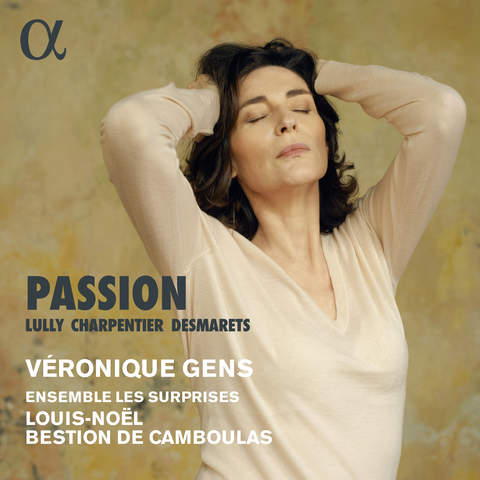
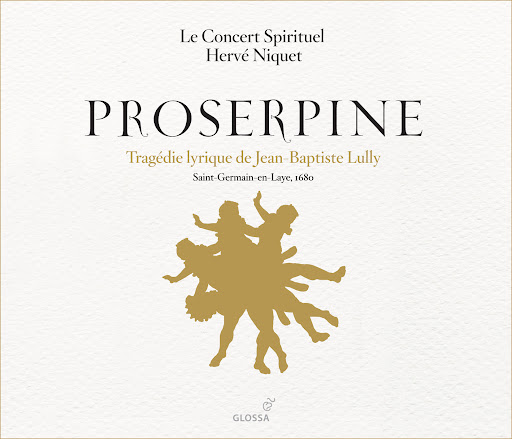
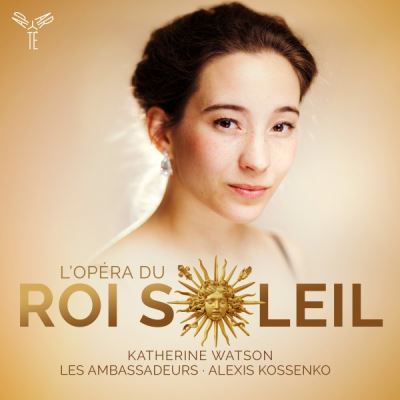
Lully never wrote the same ballet or opera twice; each work invented its own discourse, tone and style. The same scenes are treated differently each time. Compare the monologues of the title role in Amadis ("Bois épais redouble ton ombre...") and of Renaud in Armide ("Plus j'observe ces lieux...") to admire how Lully, in the same context, personalises each hero and each situation: the forest in Amadis and the stream in Armide call for different musical settings, as does the state of mind of the two protagonists.
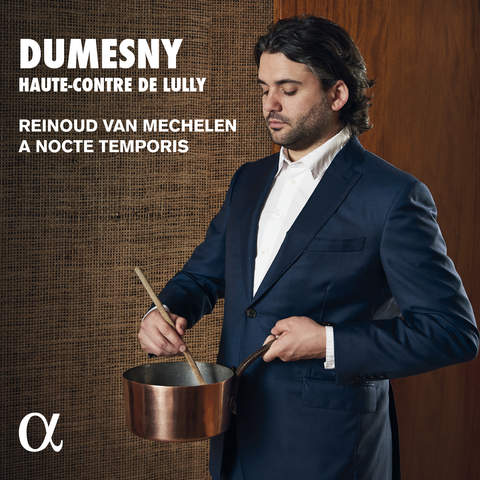
Even the overtures, which all follow the 'French' plan favoured by Lully, are each singular, more or less solemn, more or less lively, more or less laden with pathos. Of those presented in this playlist (Proserpine, Persée, Les Plaisirs de l'île enchantée and Isis), the last is astonishing for its chromaticism, unique in the composer's work.


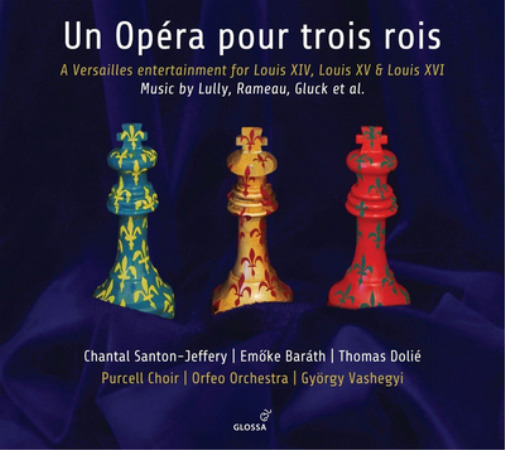

The aim here is not to represent the whole of the Lullist discography, which is now very extensive, but to bring together a sample of the recordings made in recent years in collaboration with the Centre de musique baroque de Versailles, bearing witness to the research and interpretation work carried out with the artists over the years.













